‘I’ll Believe It When I See It’: 5 Afghan War Veterans React to Leaving Afghanistan
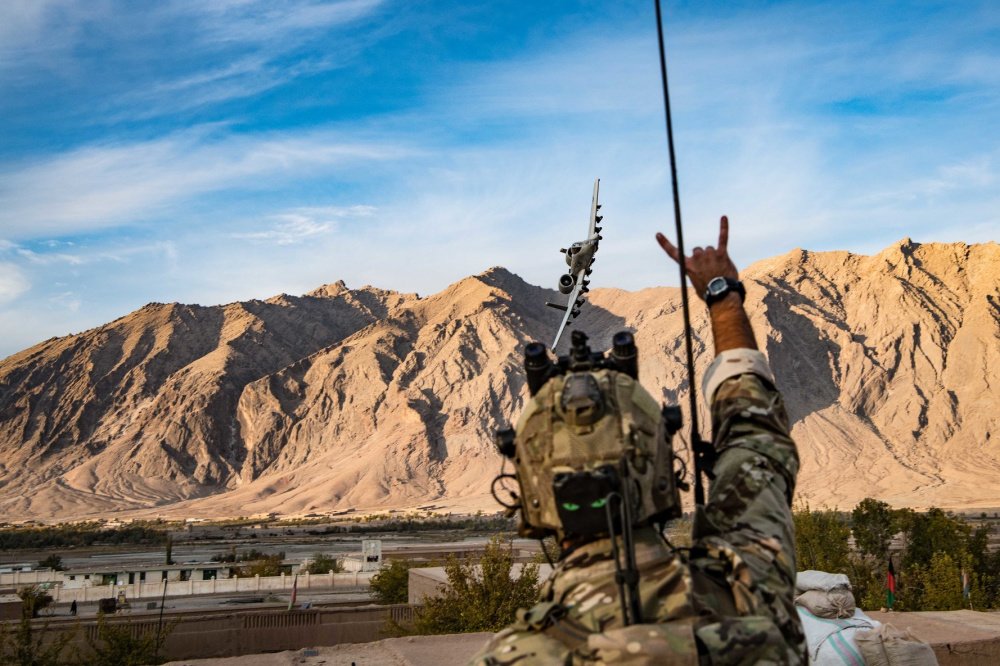
A US Air Force special tactics officer controls aircraft during Operation Resolute Support at an undisclosed location in Afghanistan, Nov. 18, 2019. Operation Resolute Support is a NATO-led train, advise, and assist mission seeking reconciliation and peace for Afghanistan. US Air Force photo by Staff Sgt. Joel Pfiester, courtesy of DVIDS.
On Wednesday President Joe Biden announced that the US would fully withdraw from Afghanistan no later than Sept. 11, 2021 — the 20th anniversary of the 9/11 attacks.
For nearly a decade, three successive presidential administrations have been grappling with how exactly to end America’s longest war. Each time a plan is announced, the end date comes and goes with Americans still deploying, fighting, killing, and dying.
First, in 2011 then-President Barack Obama announced that his administration would begin removing US troops at the end of the 2012 “fighting season,” fully hand over combat operations to the Afghans by 2013, and fully end America’s involvement by the end of 2014. Ultimately, this resulted in an open-ended agreement under which US troops would remain in the country until at least 2024.
Next was then-President Donald Trump, who signed the “Doha agreement” with the Taliban in 2020. This agreement stipulated that as long as levels of violence dropped, the US would fully withdraw by May 1, 2020. Following the signing of the agreement, the number of troops was eventually drawn down to 2,500, with the rest slated to leave in 2021. The Taliban, for their part, have honored the agreement as it pertains to the US, with no US troops dying in combat since the agreement was signed.
The Biden administration conducted a policy review of Afghanistan and concluded that leaving by Sept. 11 would be more prudent. For their part, the Taliban have stated publicly that they will take action if Americans are still in the country on May 1.
Coffee or Die Magazine asked five veterans of the war in Afghanistan to send their thoughts about the latest announcement signaling the end of American involvement.
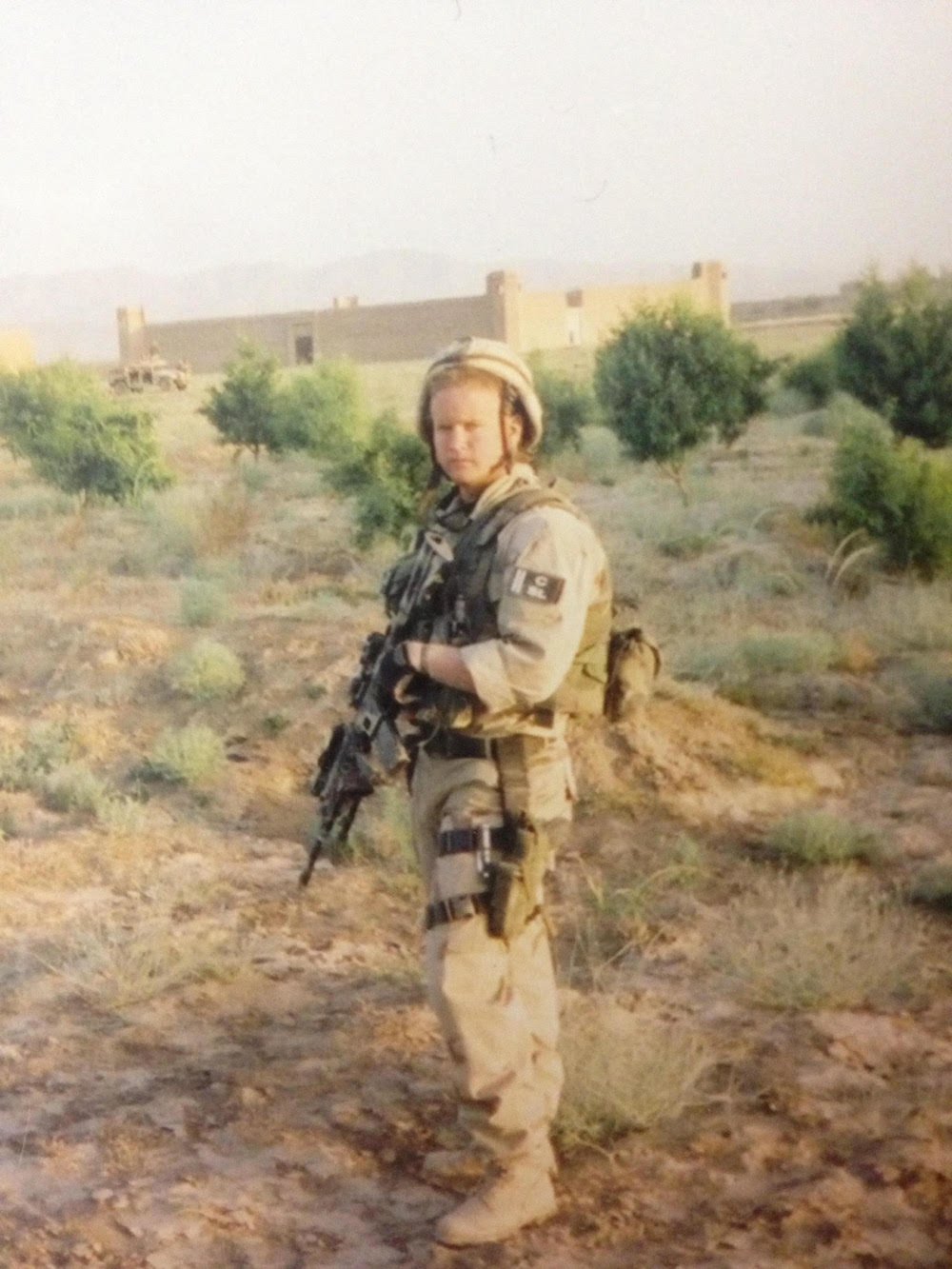
Master Sgt. (Ret.) Jariko Denman
75th Ranger Regiment, multiple deployments
“I came and went for 10 years. First as a squad leader in charge of 12 dudes, and lastly as the SEA of a regional joint special operations task force numbering about 1,200. With all the positions you can hold in between.
“I absolutely think leaving is the right move. I think we should have handed the keys to the yard to the Northern Alliance after we ‘won’ with them back in 2001 and kept the Taliban and [al Qaeda] at bay with intel and bombs. (Just like we should have done after we ousted Saddam, handed some other psycho the keys.)
“Afghanistan cost us a lot. It cost me my best friend. Twice. But it also made me some friends for life. It cost me a good portion of my mental health, but it gave me purpose. It cost me my youth, but it made me into a man. I’ll never wonder, I’m not cursed with that. I was there — and for that I’m happy.
“It cost me a lot. But what it bought is something I couldn’t be more proud of having.
“Nothing else really matters. And there’ll be another war along shortly.”
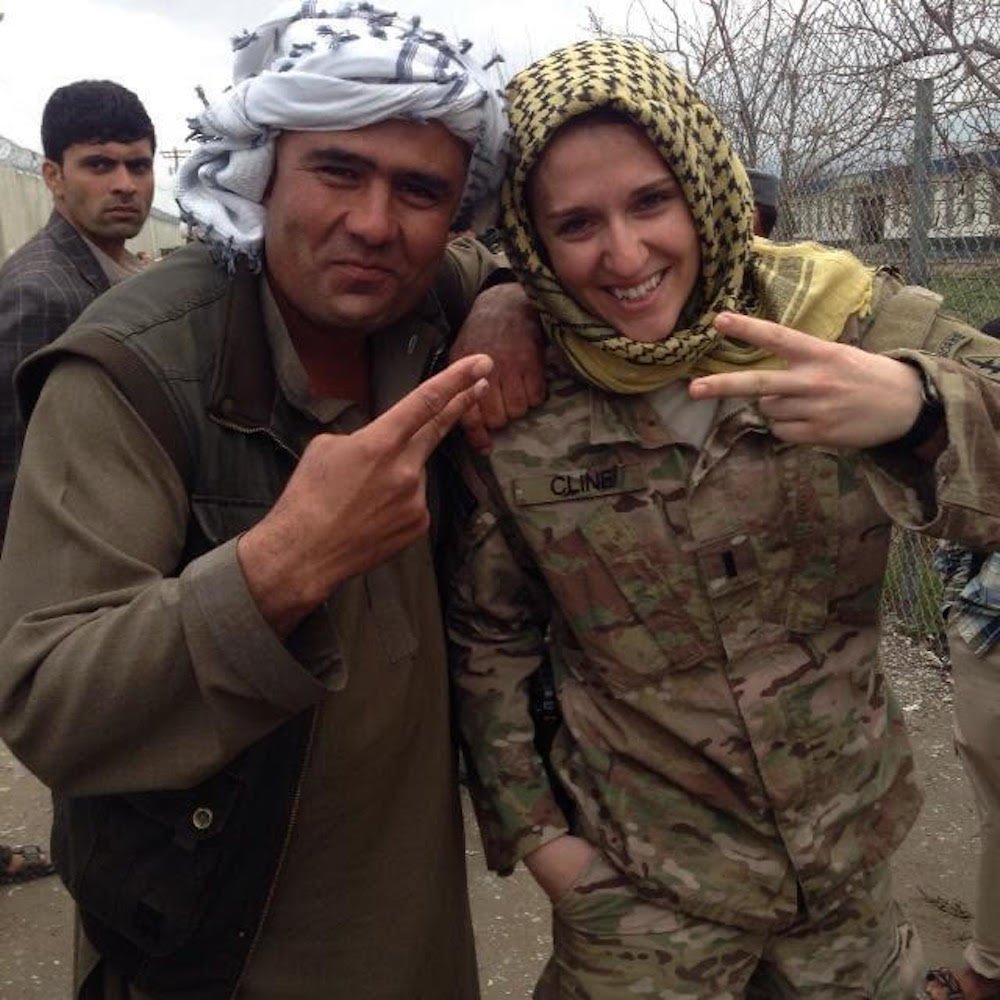
Maj. Catherine Cline
Deployed to Special Operations Task Force-NE, Camp Montrond, Afghanistan 2013 to 2014
“Leaving is bittersweet. It’s something that should have happened years ago, because we never truly committed (or maybe it was a true lack of comprehension) to the COIN fight and it was the only way to ‘win’ in Afghanistan. If we had, the conversation would be far different now. But in the fight we are maintaining, at best, we lose more American lives; for a country that (optimistically) only half wants us there.
“Leaving means it’s free — almost totally uncontested — space for ISIS and other extremist groups to run rampant. But if we don’t have the correct plan to win, it’s just wasted lives and money. But do I think it will be leaving for good? Hard no. We will likely always be involved in the Middle East, because it’s a hotbed for breeding the anti-West agenda. And it’s only a matter of time before another attack happens against us or one of our partner nations. Leaving physically also doesn’t not mean we’re leaving totally monetarily. Without oversight, that money could be corrupted and funneled directly into the pockets of our Western world enemies.”
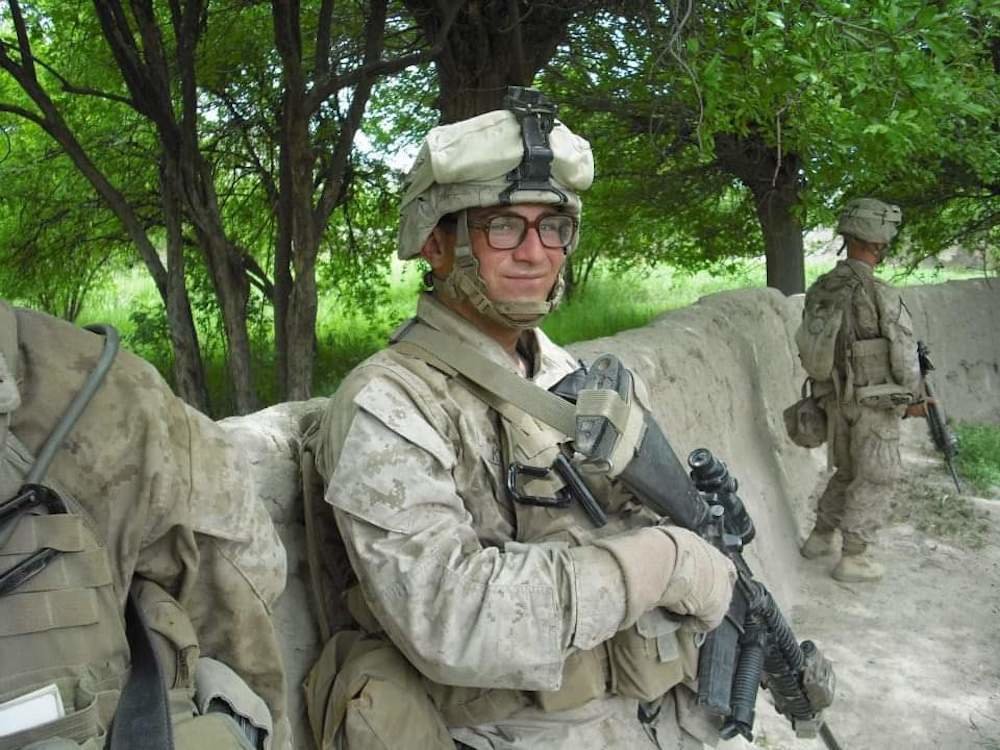
Cpl. Jeff King
Rifleman in the Marine Corps, two deployments from 2010 to 2011, medically retired, currently a stand-up comedian in Baltimore, Maryland
“The reality for most Americans is that the GWOT is business as usual. Unless they are involved, not many people care one way or the other.
“From my personal experience in Helmand province, it never seemed like there was a long-term plan other than ‘stay indefinitely and try to facilitate some kind of political and economic development.’ There were few illusions about the Afghan National Security Forces’ ability to maintain stability following NATO’s exit.
“Twenty years seems long enough for a protracted conflict and since East Asia/West Pacific seems to be an area of greater concern, strategic divestment from Afghanistan is necessary. The region will likely experience greater instability from this withdrawal.”
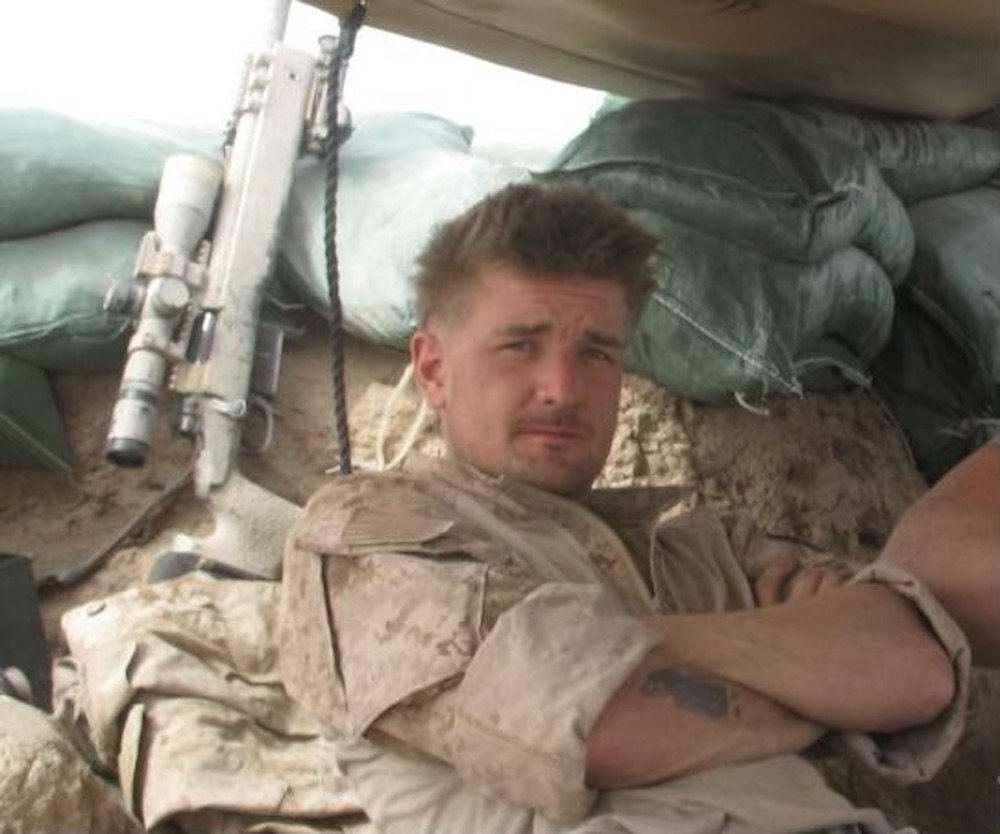
Staff Sgt. Evan McAllister
Marine Corps Scout-Sniper and Reconnaissance Team Leader, two deployments from 2008 to 2011
“My gut is telling me that if we currently still had massive troop formations spread out in rural battlespaces, outposts, and forward operating bases, there’s no way this administration would ever consider a withdrawal. Sadly I can also easily see the administration delaying this action because of a few carefully constructed media narratives regarding the consequences of leaving.
“My apprehension regarding this announcement is largely based on the fact that the same people making this withdrawal declaration are the same people who lied us into a war in Iraq, obliterated Libya for no reason, fueled a civil war in Syria, and committed forces in Afghanistan for 20 years. Trump’s instincts were correct and he should have ordered a full withdrawal during his tenure.
“An Afghanistan troop withdrawal regardless of terms and conditions must happen immediately. I’ll believe it when I see it, and I hope to god I finally get to see it. I don’t care who gets credit for it, I just want to see Americans stop dying there for no justification or gain.”
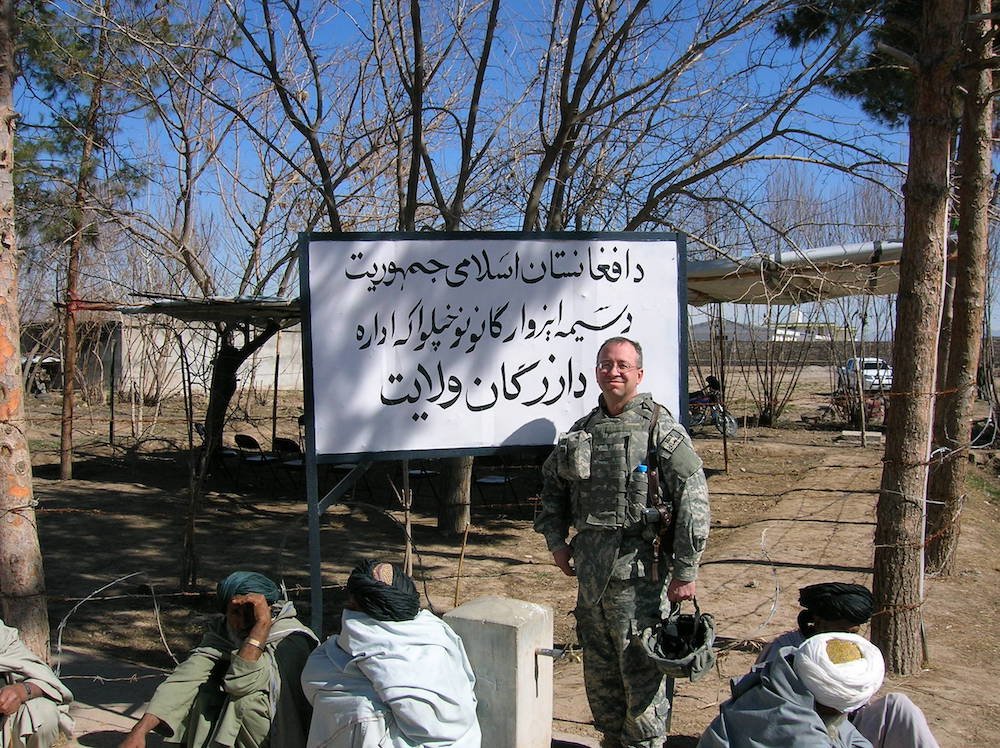
Lt. Cmdr. Will Ruger
International Security Assistance Force Headquarters, Kabul, 2008-2009
“I was quite supportive of the original invasion of Afghanistan in 2001 and still believe that the United States was right to go in. However, we lost our way in that country when we got distracted by the Bush-Cheney white whale known as Iraq and then by a vastly expanded set of war aims that made the overarching mission ultimately unwinnable. I think our forces won the war we needed to fight (decimate al Qaeda, punish the Taliban severely for their support to AQ, and kill/capture bin Laden) and lost the war that we expanded and tried to fight well past when we should have left. Sadly, most people who served there probably understood this when they were on the ground — and the Afghanistan Papers that The Washington Post published laid bare that those leaders paying the closest attention to the conflict had little clue how to make it all work.
“I have been a vocal advocate of ending America’s longest war in Afghanistan for some time. So I agree with President Biden’s decision, just as I approved of President Trump’s (and Ambassador Khalilzad’s) Doha withdrawal agreement with the Taliban. I wish that the Biden administration hadn’t dithered so long such that we would now be in a better position to responsibly exit by the May 1 deadline consistent with our agreement. And I think Trump would have been wise to have moved the negotiations along faster so that he had been in a position to get us out even earlier. That would have been good policy and good politics. Many lives would have been saved. And maybe he’d even be president today if the last of our troops had been out by November 2020. But Trump deserves a lot of credit for being right about the problem of endless wars and setting us on the path to withdrawal in Afghanistan.
“I’ve advocated for military withdrawal as a realist who thinks that we should fight hard when our vital national interests are at stake. Some things are worth fighting for and even dying for. But Afghanistan was a place where realism about the nature of the world and of what could be achieved in that country went to die for American policymakers. By the end, the logic of staying became about domestic politics, failed assumptions/theories about the world and Afghan society, the sunk cost fallacy, rationales (like the protection of human rights) that would have never been accepted by the American public as good reasons to go to war there in the first place, and other factors. But none of these would have made much sense to a mother or father, husband or wife, or the kids of a soldier who could have been asked to continue the fight and risk their lives in Afghanistan. I think this is why upwards of 70% of Americans, including veterans and military households, supported an end to our involvement in the war.
“As for reservations, any serious person should be humble that they are 100% right about almost anything. And there will be trade-offs with us leaving. But I feel quite confident that this is the best path forward for our country. We can meet our security interests, including our counterterrorism needs, without a permanent military presence in the country. And we can pivot our troops, material resources, and energies/attention to other more vital needs that include meeting our interests vis-à-vis the rise of China as well as more pressing domestic challenges (of which there are many!).”
Read Next:

James Webb served as a US Marine infantryman from 2005 to 2010, completing a combat tour in Iraq. He’s worked as a freelance writer and photojournalist covering US troops in Afghanistan, and Webb spent more than two years in the US Senate as a military legislative assistant and as the personal representative of a member on the US Senate Foreign Relations Committee.
BRCC and Bad Moon Print Press team up for an exclusive, limited-edition T-shirt design!
BRCC partners with Team Room Design for an exclusive T-shirt release!
Thirty Seconds Out has partnered with BRCC for an exclusive shirt design invoking the God of Winter.
Lucas O'Hara of Grizzly Forge has teamed up with BRCC for a badass, exclusive Shirt Club T-shirt design featuring his most popular knife and tiomahawk.
Coffee or Die sits down with one of the graphic designers behind Black Rifle Coffee's signature look and vibe.
Biden will award the Medal of Honor to a Vietnam War Army helicopter pilot who risked his life to save a reconnaissance team from almost certain death.
Ever wonder how much Jack Mandaville would f*ck sh*t up if he went back in time? The American Revolution didn't even see him coming.
A nearly 200-year-old West Point time capsule that at first appeared to yield little more than dust contains hidden treasure, the US Military Academy said.












